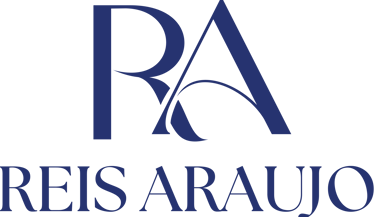Software Patentability in Brazil: What You Need to Know
Discover the nuances of software protection in Brazil. Learn how copyrights and patents apply to software, the legal distinctions between them, and the criteria for software patentability in Brazil. Ideal for businesses and legal professionals navigating Brazil's intellectual property landscape.
SOFTWARECOPYRIGHT
Laila dos Reis Araujo
10/23/20241 min read


In Brazil, software can be protected in two ways: through copyright and patents.
Copyright protects the literal expression of the source code, and this application is processed through the Brazilian Patent and Trademark Office (INPI), typically taking less than 30 days to complete.
Regarding patent protection, Brazilian legislation stipulates that computer programs themselves are not considered inventions and, therefore, cannot be patented. However, a creation (process or product associated with a process) implemented by software that addresses a technical problem and produces a technical effect, which is not solely related to how the program is written, may be considered an invention.
It is important to note that mere interaction between hardware and software does not guarantee that the creation will be deemed an invention. The legal requirements for patent granting, such as novelty, inventive activity, and industrial applicability, must also be satisfied.
Navigating the complexities of software protection in Brazil requires a clear understanding of the legal framework. While copyrights offer a straightforward means to safeguard the code itself, patenting a software-related invention necessitates meeting specific criteria established by law. Businesses and innovators should consider consulting with intellectual property experts to ensure their creations are adequately protected, whether through copyright, patent, or a combination of both, to enhance their competitive advantage in the ever-evolving technology landscape.


